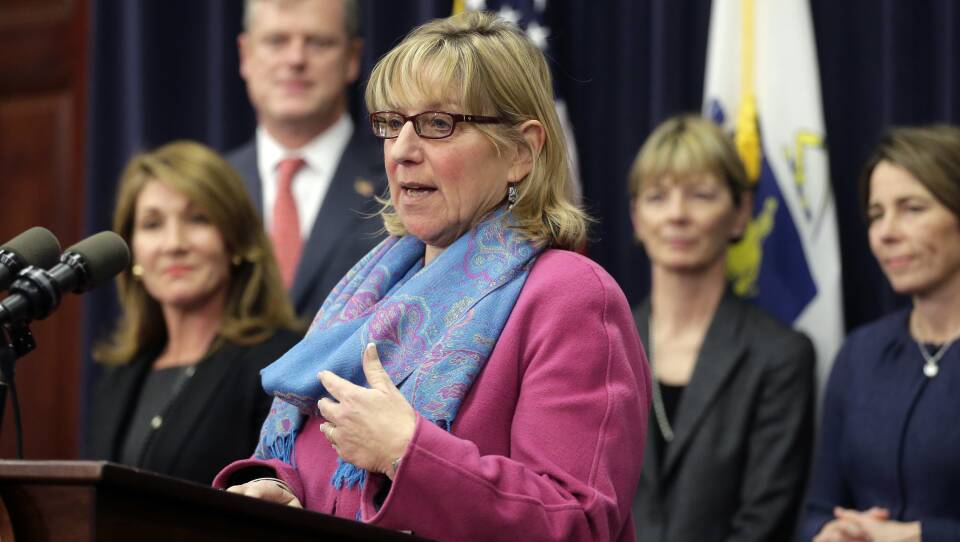On Feb. 13, the Massachusetts Senate passed a mental health care reform bill that aims to ensure people have the same access to mental health care as they do physical care.
Senate President Karen Spilka joined Boston Public Radio on Tuesday to outline the bill, which she says brings the state closer to a 20-year-old state law requiring parity.
"What we do is we focus on increasing the workforce through various ways," Spilka said. "We focus on getting more people their credentials faster. We focus on reimbursement to say if you pay X to a comparable doctor or provider in the health physical health, you pay the same in mental health and we have some pilot programs again focusing on increasing access."
Spilka said she did not think Baker's plan for mental health — included in his broader health care plan — goes far enough or fast enough to bring the state to mental health parity. Baker's plan would require insurers and providers increase their spending on mental health by 30 percent over three years.
"In the long run that might work but when we looked at that we didn’t know how are they going to get to 30 percent when there’s not the work force yet, we felt we need to lay a foundation to slowly build," Spilka siad. "Technically the goal should be 50 percent, mental health should reach full parity."
Spilka also discussed a pending bill to ban nondisclosure agreements on Beacon Hill; whether the MBTA should be free; and the necessity of home rule petitions.
Correction: This article has been updated to reflect the correct date the Senate passed the mental health care reform bill. It was Feb. 13, 2020.





